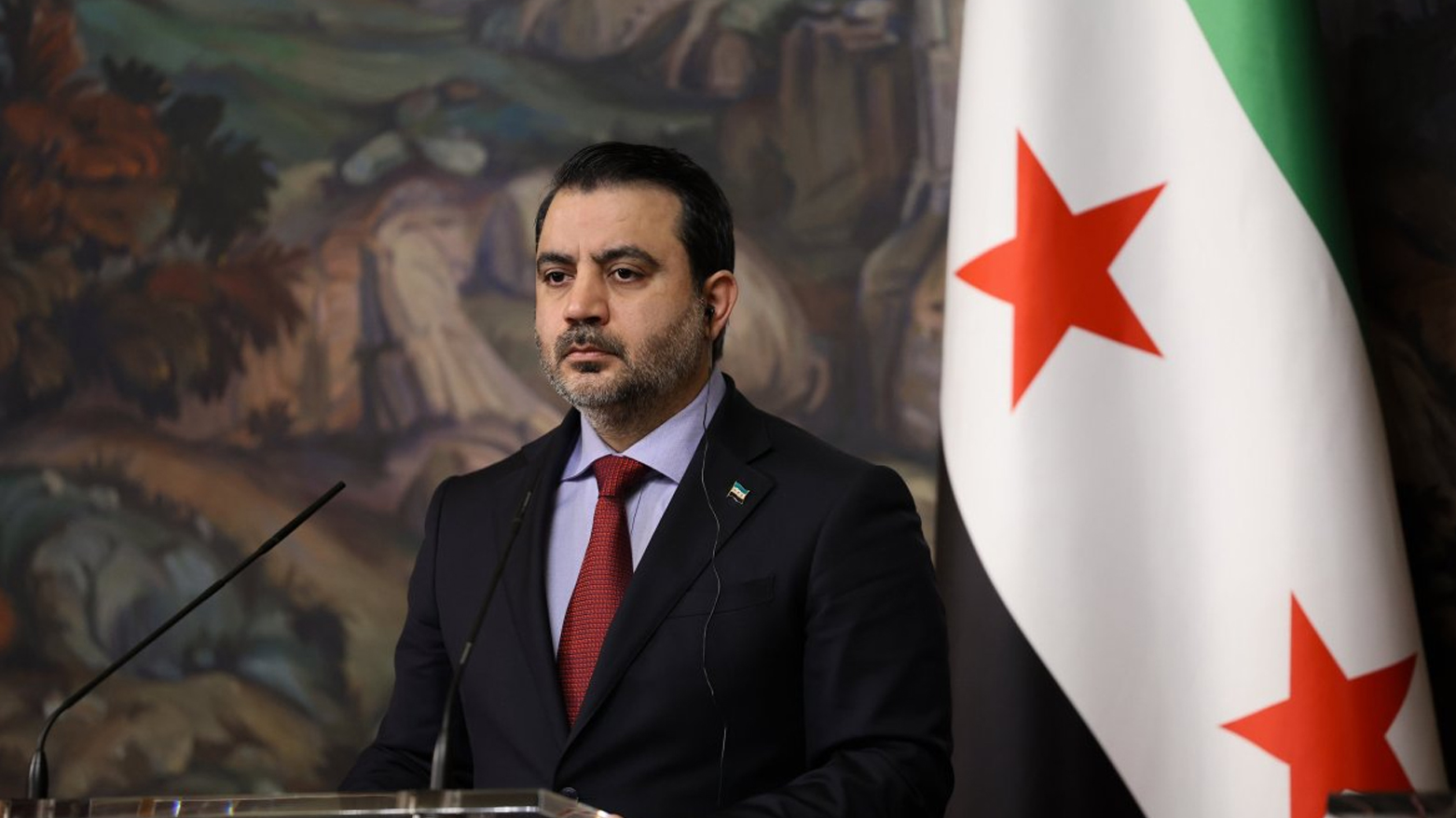Syrian FM Says Israeli Strikes Left Nation ‘Stunned,’ Complicating Path to Normalization
Syrian FM Asaad al-Shibani stated Israeli strikes left the nation "stunned," complicating normalization talks, despite Israeli PM Netanyahu's confidence in expanding Abraham Accords.

Erbil (Kurdistan24) – Syrian Foreign Minister Asaad al-Shibani has said that Israeli strikes on Syrian territory following the fall of Bashar al-Assad’s regime left the country “stunned,” making discussions on normalization with Israel “difficult.” His remarks came in an exclusive interview with CNN’s Fareed Zakaria at the Council on Foreign Relations, aired Sunday.
Al-Shibani criticized Israel for having “obstructed” the Syrian government at a time when it was facing an eruption of sectarian violence in the south. He argued that a “strong and unified Syria would be good for regional security, and that will benefit Israel,” suggesting that Damascus seeks stability rather than confrontation.
The collapse of Assad’s decades-long dictatorship in December – which marked the end of a major Iranian ally – was followed by Israeli military operations across Syria. For the first time in fifty years, Israel not only launched widespread airstrikes but also sent ground forces into and beyond the demilitarized buffer zone.
Israel justified its actions by citing the need to prevent chemical weapons and long-range missiles from falling “into the hands of extremists.” Yet, according to al-Shibani, the attacks shocked Syrians, especially given that Iranian and Hezbollah militias had already departed with the fall of the old regime.
“We are no threat to anyone in the region, including Israel, but these new policies of cooperation and peace were met by these threats and strikes,” he said. Addressing the possibility of normalization, he added: “So, to talk about normalization and the Abraham Accords is a bit difficult.”
Israeli Prime Minister Benjamin Netanyahu, however, downplayed any risk to regional normalization efforts. Speaking to Fox News on Sunday, he said the Abraham Accords remain “remarkably resilient and strong” despite ongoing conflict in Gaza.
“I think you’ll see that not only are the Abraham Accords not endangered, they’ll be expanded to other countries,” Netanyahu asserted. Israeli officials maintain that dialogue with Syria has continued despite the tensions, with prospects for a potential security agreement still under discussion.
Since Assad’s ouster, Syria has experienced recurrent sectarian unrest. In March, a crackdown on the Alawite sect in Latakia left hundreds dead, followed by April clashes between pro-government armed forces and Druze militias. In July, fighting escalated again when Syrian forces intervened in disputes between Druze communities and Bedouin tribes, prompting fresh Israeli airstrikes.
Israel claimed it acted to protect the Druze population, but al-Shibani countered that Israeli actions “supported outlaws – outlaw groups – and this obstructed and hindered the Syrian government from solving the problem between the Bedouins and the Druze.” He added that the intervention “just complicates matters and made the Druze in a very difficult and embarrassing situation.”
Al-Shibani also welcomed what he described as Washington’s “positive” position toward Syria since Assad’s fall, highlighting the lifting of punitive sanctions imposed on the former regime. “The position of the United States, vis a vis Syria, since the day of liberation, is a very positive position, and it actually was met by great support among Syrian people, including the lifting of sanctions,” he said.
His remarks came after Syrian interim President Ahmed al-Sharaa statements at an event hosted by the Middle East Institute last week in New York warning that the Middle East faces dangerous instability unless Israel and Syria finalize a security agreement that fully preserves Syrian sovereignty. Speaking at the United Nations General Assembly and in remarks carried by AFP, he said: “There are multiple risks with Israel stalling on the negotiations and insisting on violating our airspace and incursions into our territory.”
As Syria seeks a security deal with Israel, presses for sanctions relief, and navigates reconciliation after war, its new leadership faces a precarious balancing act.